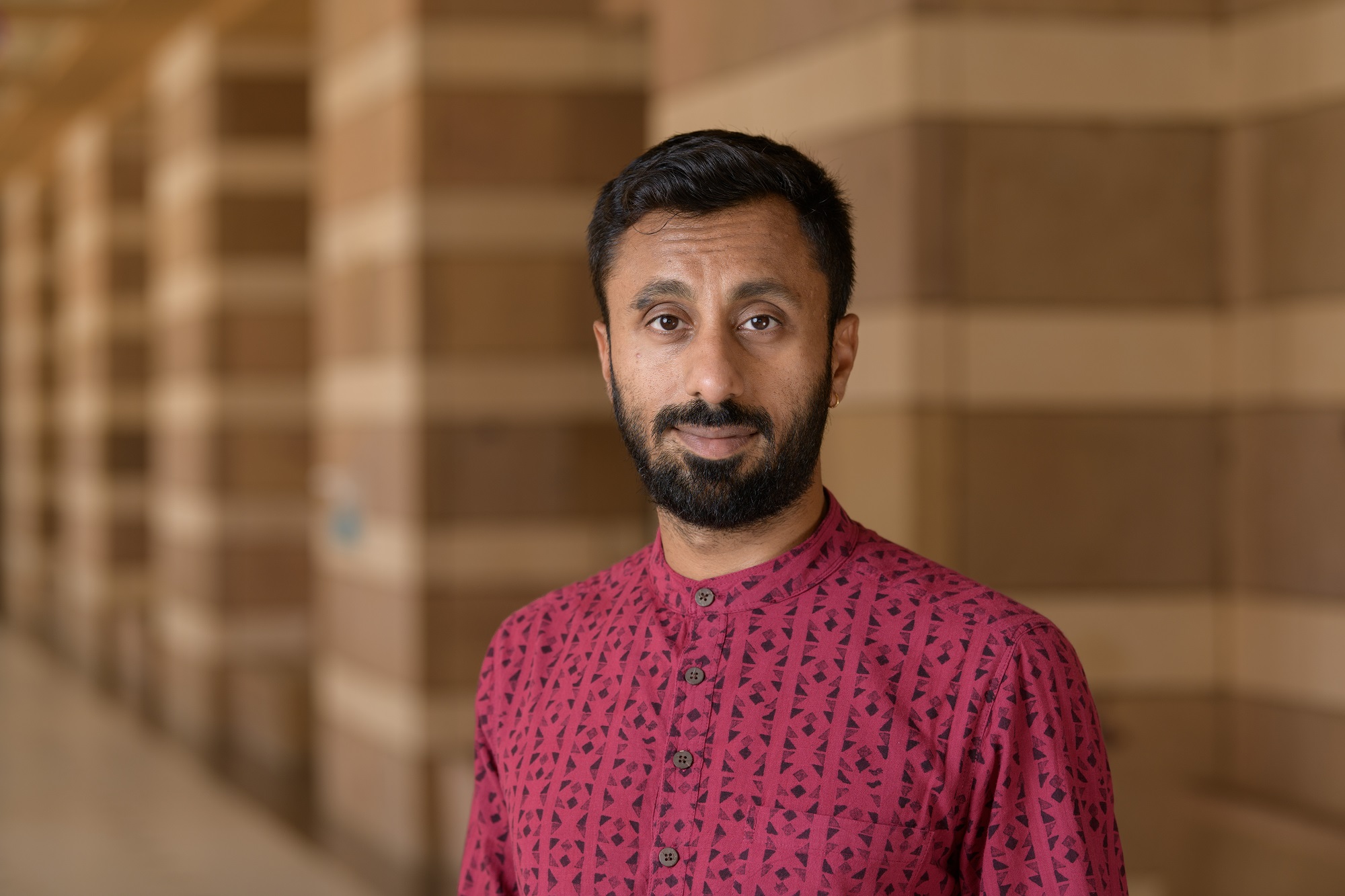
Adam Talib
- Position: Associate Professor and Director of the Graduate Studies
- Department: Sheikh Hassan Abbas Sharbatly Department of Arab and Islamic Civilizations
- Email: atalib@aucegypt.edu
Adam Talib is a co-editor of the journal Middle Eastern Literatures and a scholar of classical Arabic poetry. He is also an award-winning translator of Arabic into English. His first book, How Do You Say “Epigram” in Arabic? Literary History at the Limits of Comparison, uses the methods of archival literary history, classical Arabic philology, and translation to explore the limitations of the epigram as a category in literary studies. By bringing to light the previously unknown history of Arabic maqāṭīʿ-poetry, the book demonstrates how extra-European literary histories can inform and radically transform both the intellectual basis of comparative literature and the landscape of world literature. Talib discovered an entire diwan (collection) of poetry by Ibn al-Musalaya, who was famous for his poetry, as well as eloquent letters written on behalf of three Abbasid caliphs (Muslim rulers).
- Classical Arabic poetry
- Arabic literary history and the canon
- Comparative Islamicate poetry: the development of poetic traditions in Arabic, Persian, and Ottoman literatures
- Classical Arabic literary scholarship: rhetoric, criticism, and prosody
- Literary translation